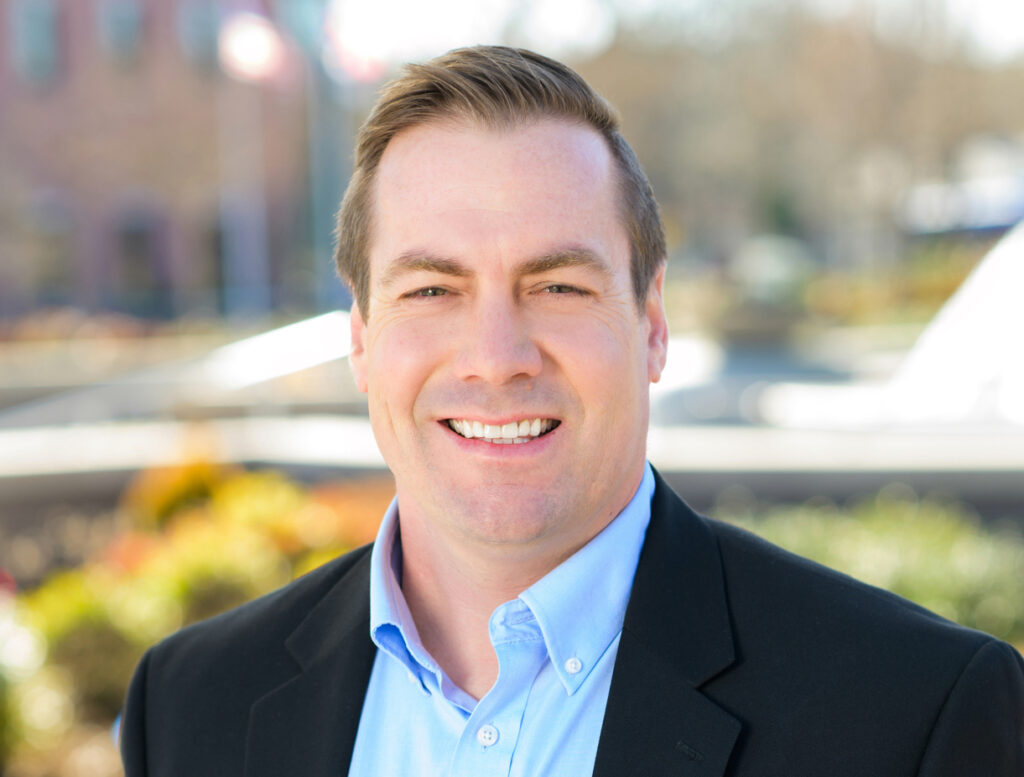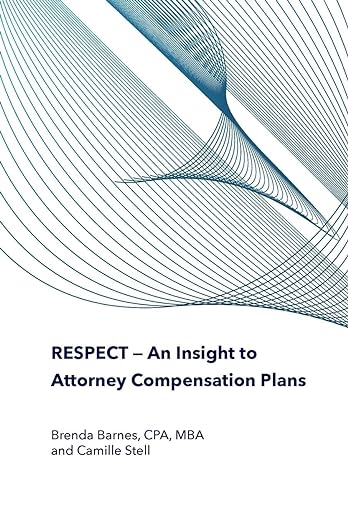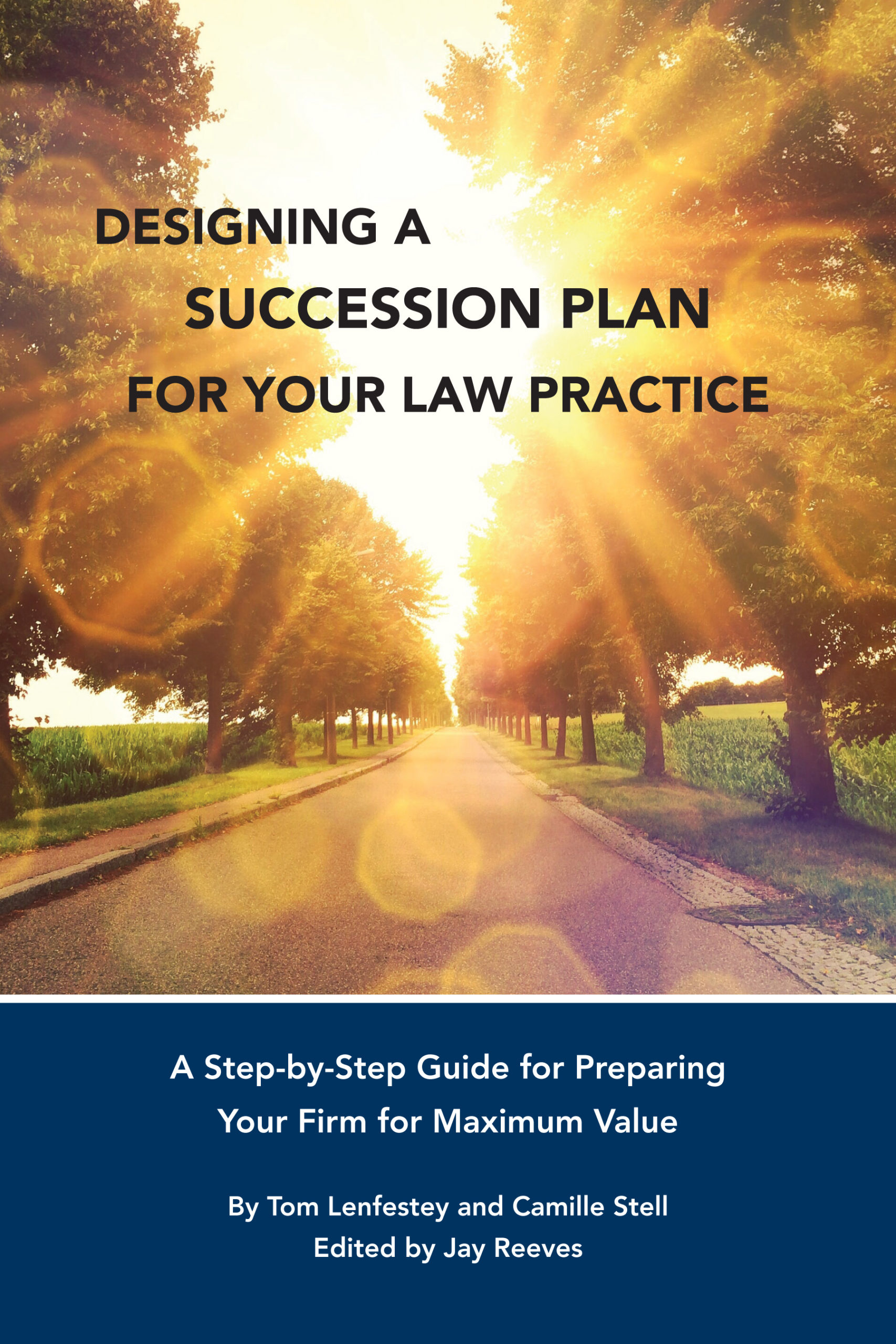
In July, 2023, Tom Lenfestey was interviewed on The Lawyer Millionaire Podcast, hosted by Darren Wurz, with Wurz Financial Services. Below are highlights from Tom’s interview. To listen to the full podcast, tune in here.
DW: As I understand that you spent some time in private practice as an attorney before founding your firm, your company. Tell us a little bit about that journey and what led you here and what inspired you to start the company?
TL: I was a practicing transactional attorney and I had found myself in a niche, helping a lot of professional business owners – CPAs, dentists, and doctors with succession planning. It really seemed like their professional business segments had figured out a great way to build and then to exit for value.
And at that same time, my own law practice was growing. I was adding associates, adding team and I started to think about what would happen for me as far as a succession plan. Who is out there helping law firms and lawyers build succession plans? And most importantly, why isn’t there a marketplace for buying and selling law firms?
That question really started the journey ten years ago, to research and to see who was doing it, and what the marketplace looked like. I started from an educational component – offering CLEs to help build this market and have lawyers view selling their firm as an option to consider.
Lawyers I can sell their practice through a succession internal strategy or sell it in the marketplace. Or if I’m a younger attorney or a growing law firm, I can buy the practice of an attorney who’s built something good, built that goodwill value. And since that time, I’ve transitioned out of full-time law practice and built The Law Practice Exchange working on it full force. Our goal has been to provide those options to attorneys, to do it under the right process, the right platform, to allow them to obtain value for their firm, to allow them to create and choose the right path for them. We’ve been at it ten years now. Our work is not done, but we’re having fun continuing to see that marketplace grow.
DW: I’m curious what’s the growth been like for this company? Obviously, you’ve seen a lot of demand for your services. Tell us about that.
TL: Absolutely. Growth was slow to start. Some of those early conversations started with someone saying, you can’t sell a law firm. It’s not allowed. And then we’d point to ABA Rule 1.17, show how states have adopted that and how it’s done.
Others would really say, I’m a solo practitioner or a solo owner. I don’t think my firm has value. We’d show them how the transition-based sale can work to preserve and transfer that value to somebody else. And how their firm has value. But once we got past those first obstacles, and really, I think the market has started talking more about lawyer retirement. Lawyers realize you don’t have to own your firm – you can continue practicing law. I think as more lawyers start to open to that option, the marketplace has really grown.
We saw a big bump with COVID as attorneys and law firms adjusted to remote management and remote client service.
We’ve seen growth as law firms want to grow geographically. Over the last two, three years, we’ve really seen the market catch hold. Attorneys want to know the process or steps or what’s involved before they jump into it. And I think that’s been the nice part is we’ve seen adoption; they’ve seen successes from others around them who have sold their firm or maybe bought a firm and that’s really fueled the market significantly over the last twelve to 36 months.
We have a way to go in continuing to match attorneys who want to sell with those who want to buy. Our focus now is not just to have some practices for sale but to have enough where the marketplace has really scalability. So if any attorney wants to sell, they’re going to have enough buyers for their practice area, and for their geographic location to hopefully find that match quicker. We’re hoping to shorten the attorney’s timeline by building up those scale of interested buyers and sellers.
DW: Let’s discuss the difference between the individual solo practitioner and maybe a bigger law practice. What are you doing differently for those two kinds of customers?
TL: We work with small ownership groups as well as solo owners. We help build succession programs for larger partnerships, helping them to bring in the next level of associates or non-equity partners.
The very small firm typically has built most of their firm around themselves as the attorney. They are the brand. They’ve personally networked and built out this community of referral sources.
Once you get to a little bit larger scale firm, with additional partners or even just larger based on revenue, they focus more on the firm brand and the firm marketing versus the personal brand. And that’s really what we try to pull together for any deal. We need the personal brand; we need that personal goodwill and those referral sources. And we also need the firm’s brand, the website, the client database, any marketing programs, events that the firm does. And to pair those together, if you’re a very small firm solo practitioner, maybe you have one or two paralegals, no associate, you typically have a longer transition period as part of your sale. Because it takes just a little bit longer to introduce a buyer to those referral sources to get them a little bit more comfortable with making sure that the revenue continues.
If you have a firm that’s focused on firm brand and firm marketing with a website that drives all of your leads through pay-per-click resulting in a $5 million firm where $4 million of that comes from digital marketing, that firm may be easier to transition and transfer over to another buyer. Your transition plan is probably a little bit shorter. But a transition plan is needed post sale to help hand that off. It’s a baton pass, not a throw of the keys.
DW: How do you find the successor, find the right match?
TL: We have a few options. If you’re looking to sell, you can go to thelawpracticeexchange.com marketplace. We have a DIY option where, with our coaching, you can create and add your listing directly to the marketplace.
We also do full brokerage and search. The first step is for us to prepare a valuation of the firm. After that we build out market prep, build out market terms on pricing and structure, and then we are actively searching for buyers. We are going to be working through our database, promoting your firm in our confidential listing, and conducting a direct search for the ideal buyer.
On the flip side, if you’re a buyer, visit thelawpracticeexchange.com to view the listings we have. Or, if you’re a buyer that says, hey, I’m in Toledo, Ohio, and I am looking for an estate planning practice, I can tell you that right now we don’t have one but tomorrow we may. Or you may say, I’m ready to buy today, and we can act as your search partner.
Our goal is to make this marketplace move. If you are a seller, we want to help you find that right successor, find that right buyer. Our goal is to make sure that the deal works for everybody. It’s really looking at the financials, the structure, how to transition what’s been built over to the next generation, and to help the parties through the process. We offer a unique service to lawyers and law firms.
DW: What are some lessons you’ve learned along the way?
TL: When I started the law practice exchange, the goal was to help everybody, anybody that was a lawyer that had a law firm sell their practice. And what I’ve come to learn over time is not every practice is sellable. And that’s a heartache. But it’s usually not sellable because the seller hasn’t given themselves enough timeline. Or they’ve started to wind down their practice before really looking for that next buyer. Or they just can’t break emotionally or financially from that practice.
A common frustration we hear from our buyer prospects is, I’ve been having these conversations with owners of firms and their price and terms are way out of control. We have great conversations about moving things forward, but things never move forward. Sometimes the lawyers do have emotional blocks that get in the way of selling their firm.
As part of our overall fit assessment, we determine whether a seller is ready to sell their firm. We also help our sellers and guide them through the emotional process of selling the firm they’ve owned for 30 or 40 years. What the buyer may see as control or unreasonable terms can either be an emotional block or it’s just an obstacle that with education in the process, plan and the right successor, the seller can overcome.
But I think a big lesson for me was learning that not every practice is sellable. Not everyone that contacts us or that a buyer may talk to is truly interested in selling, even though they would say that.
We’ve seen a huge surge in buyer interest since the pandemic. Five years ago, if somebody contacted us and said I wanted to buy a law firm, we would be clicking our heels, excited to help them do that. We would show them every listing.
The second big lesson I’ve learned is how to guide the buyers through the process. Are you ready to buy? Do you have the financial power and ability to purchase a law practice? Are you going to borrow money? Do you have your own capital? What is your budget for this? And if so, it’s important to develop your buy strategy and plan. Are you ready operationally and personally to take on whatever this growth through acquisition would be? Is it a fit for you, for your firm, for your life?
Today, if a buyer visits our website and clicks through every one of our website listings, it tells us that the prospect doesn’t have a buy strategy. Not all buyers who express interest are true buyers.
DW: Now I’m curious, who are these buyers?
TL: Most of our buyers are at least five years out of law school and own their own law firm. We also have larger buyers as well, $15 – $20 million in revenues. We have regional AMLAW 200 law firms looking to expand.
We were also discussing a project with Josh Kabicki with the University of Richmond School of Law about using our platform for recent law grads to buy a law firm. We are excited about these kinds of discussions because we haven’t seen a lot of success on that path and we think there is great opportunity.
About our guest:
Tom Lenfestey is the Founder of The Law Practice Exchange, LLC as well as a practicing North Carolina attorney, licensed CPA and Accredited Business Intermediary. Tom founded The Law Practice Exchange in 2013 to fill a void in the legal profession by creating a platform and service model to help lawyers sell their law practices and create continuation and succession plans for when they were ready to exit.
About The Author
Camille Stell

Camille Stell is the President of Lawyers Mutual Consulting & Services and the co-author of Designing A Succession Plan for Your Law Practice: A Step-by-Step Guide for Preparing and Packaging Your Firm for Maximum Value. Continue this conversation by contacting Camille at camille@lawyersmutualconsulting.com or 800.662.8843.



